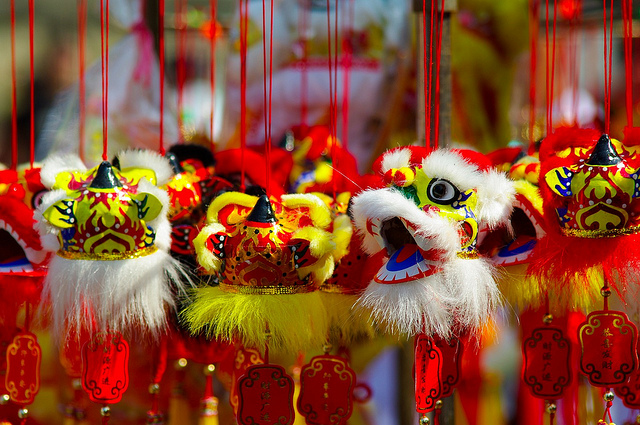Have you ever wondered what happens when a homegrown village festival becomes swamped by tens of thousands of visitors? How do the villagers feel about it?
This is not an idle question. Festivals have become big business around the world, and some overwhelm their host communities.
GTTP Hong Kong’s Director, Chammy Y.L. Lau from Hong Kong Polytechnic University, in collaboration with Yiping Li (University of Hong Kong), has published the results of their research into one example of this topic. The investigation focused on a traditional festival held on Hong Kong’s Cheung Chau Island.

Every year, usually in late April or early May, three 60-foot towers covered in steamed buns become one of Hong Kong’s signature visual images. These are one of the core parts of a weeklong festival held on the island.
At the core of the Festival is a tradition of thanksgiving and prayers for protection started by a tiny fishing community in the aftermath of an 18th century epidemic. Year after year, the festival evolved to include other elements of the Chinese traditional culture, and today the festival attracts tens of thousands of visitors during that one week.
As part of the GTTP’s Student Research Competition on “Festival and Tourism”, the GTTP students from Hong Kong examined the 2011 edition of the Cheung Chau Festival. They looked at all of Hong Kong’s many festivals, with a specific focus on their financial benefits and developed a comprehensive report that is now published on the GTTP website.
Chammy and her colleague took the research a step further, and developed an in-depth investigation on what the festival means to the villagers in terms of religion, heritage, social bonding.
In a nutshell, the outcome of the research is that the villagers are intensely proud of what the Festival has become. The money that flows in is clearly one of the main reasons why, but the symbolic elements are still there. During the Festival, residents ritually purify themselves, clean the streets before the festivities begin, and serve no meat – even the local McDonald’s becomes vegetarian. The sense of community that organizing and managing the Festival brings is definitely one of the main drivers for the villagers of the Cheung Chau Island.
The long answer to Chammy’s research question is clearly longer and delivers a more insightful view on the Festival and its value to the inhabitants of the Island, and is available on the prestigious Journal of Tourism and Cultural Change.
Congratulations to Professor Chammy Y.L. Lau, GTTP Hong Kong Director: this is her first research paper in an internationally refereed academic journal!